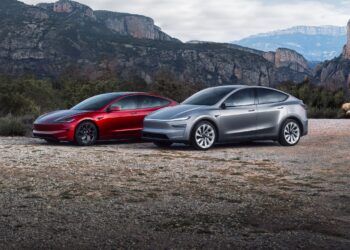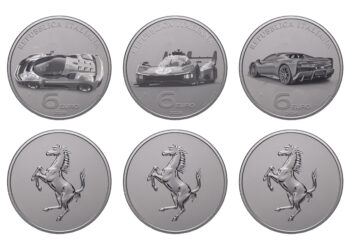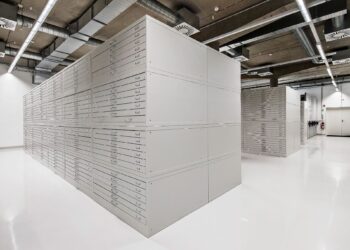Seat, the brand of the VW Group, may be forced to cut production and lay off about 1,500 workers if the European Union (EU) does not reduce the tariff on the electric Cupra Tavascan, which is manufactured in China, by the end of March.
The warning was issued by Seat and Cupra CEO Wayne Griffiths in an interview with “Reuters”, where he made it clear that the tariff imposed by the European Union on electric vehicles imported from China has prevented a model sold for around €50,000 to €60,000 from allowing Cupra to meet its financial targets last year and will cost hundreds of millions of euros in 2025.

“We don’t have much time. We need to reach a solution in the first quarter”, said Griffiths, who also noted that if the EU tariff is not removed or reduced, Cupra will be forced to stop producing the Tavascan.
If this happens, the forced halt in production of the electric model will undoubtedly raise the issue of how the brand will reduce fleet emissions to meet the targets imposed by the European Union.
It is certain that companies in the automotive sector can purchase carbon credits from electric vehicle manufacturers or cut back on the production of combustion engine vehicles.
However, the CEO of Seat warned that a solution “cannot be found overnight”, said Griffiths. “So what to do? Reduce the production of combustion engine vehicles and start laying off people. That is what will happen if we cannot find a solution.”

Remember that brands like Tesla, BMW, Mercedes-Benz, and several Chinese electric vehicle manufacturers have gone to the Court of Justice of the European Union (CJEU) to contest the import tariffs imposed by the European Union on electric vehicles produced in China.
However, it is already known that justice is slow and that brands need a quick decision to avoid facing even more problems. “Cupra is our game changer — it is what has made us profitable as a company”, said Griffiths. “If Cupra is at risk, Seat is also at risk.”
Note that the European Commission imposed tariffs of 35.3% on SAIC, 18.8% on Geely, and 17% on BYD, as well as a weighted average of 20.7% on other companies that participated in the inquiry and 35.3% on those that did not. For Tesla, as an exporter from China, the rate is 7.8%.
To these rates, an already existing 10% tax applied to the importation of electric vehicles from any origin is added, resulting in a maximum of up to 45% in the worst-case scenario for the manufacturers of these vehicles.










